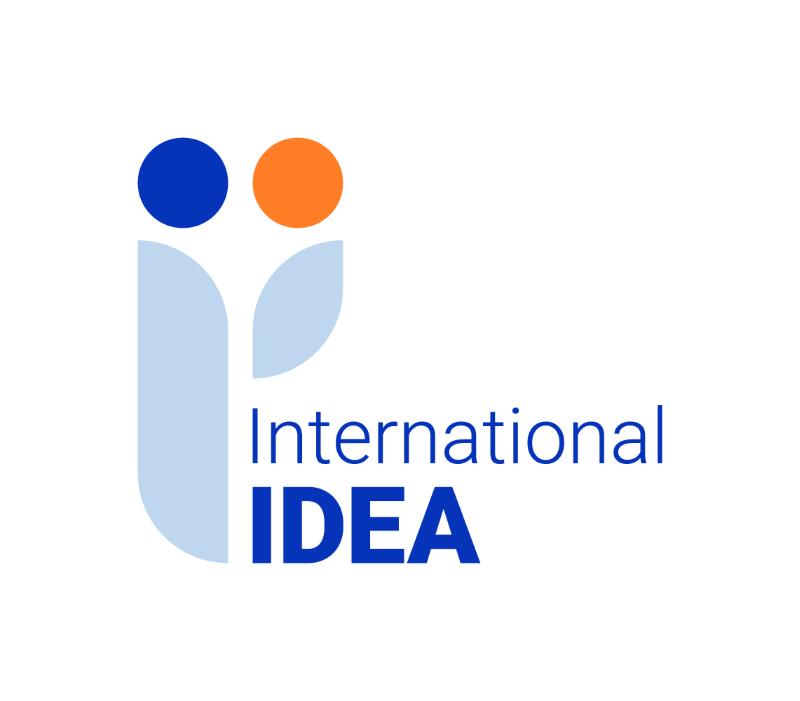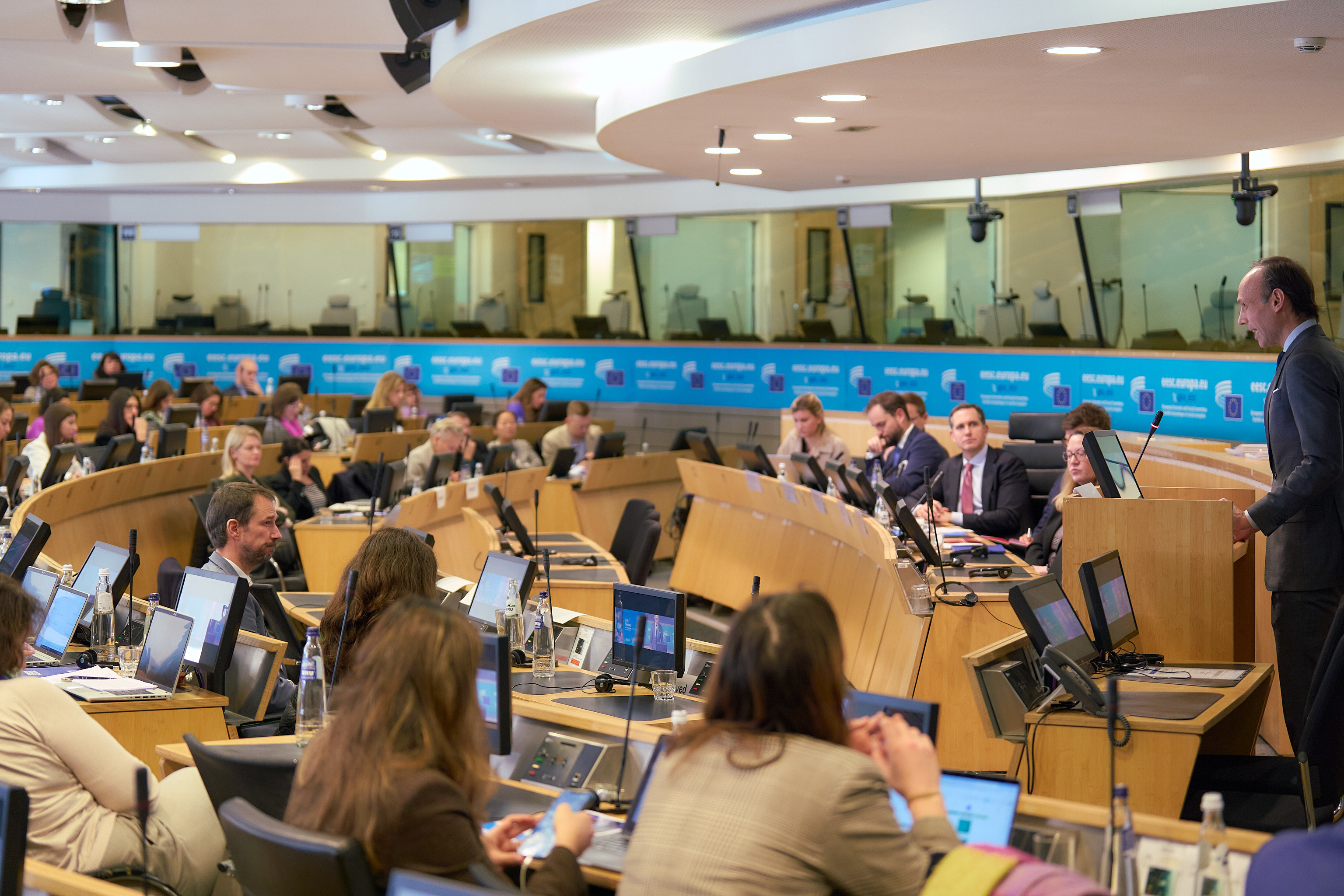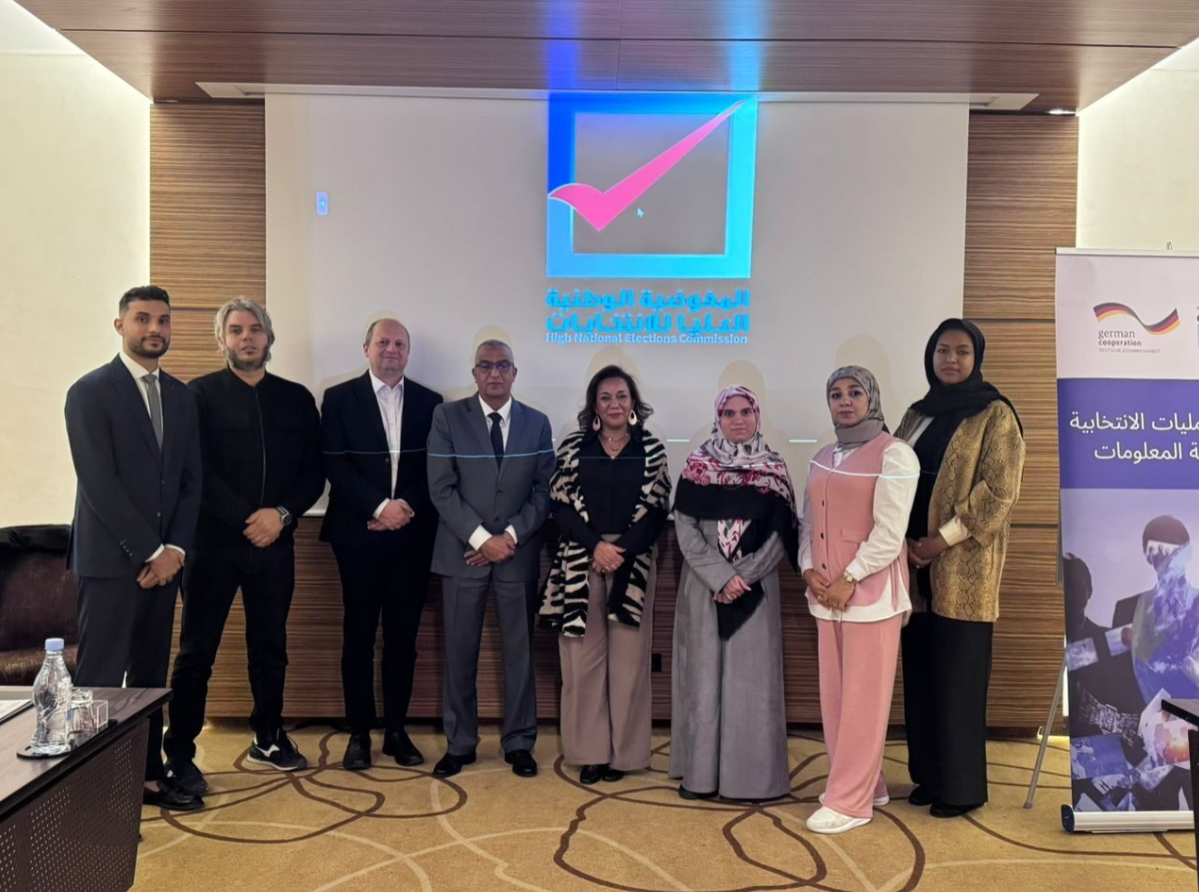The elections on 12 October are dominating the political, institutional and social panorama of Bolivia. However, the general feeling is that there will not be any major surprises in the results. There is no doubt regarding the (re)election of Evo Morales and Álvaro García Linera. Surveys even suggest that the Movement for Socialism (MAS) will once again obtain a two-thirds majority in the Upper and Lower Chambers. This could pave the way for a series of constitutional reforms aimed at hegemonic consolidation of the political project under Morales’ leadership.
Electoral Battle or Merely a Formality?
The current electoral campaign in Bolivia is probably the most understated power struggle since democracy was reinstated 32 years ago. A strong sense of déjà vu prevails in the country, with the outcome almost certainly guaranteed. The scenario this year is no different than the last election period. Various factors contribute to the limited relevance of the campaign in the political, ideological and programmatic spheres:
Morales’ advantage over the opposition
According to surveys performed by Pagina Siete, El Deber, MORI and Offprint Decisión, there is not one standout opposition candidate capable of channeling the frustration or rejection toward Morales’ government. People feel that the central objective of the various opposition candidates is to fight with other opposition candidates over undecided voters, which at most accounts for 30 per cent of votes.
A campaign without debate
Continuing with the strategy adopted in the 2009 elections, the MAS decided their candidates would not partake in any debates with opposition candidates. Over the past few days the absence of the MAS candidates has been felt in debates within the Upper and Lower Chambers, and in the discussion spaces organized by different citizen entities or the media. The strategists behind the MAS campaign probably consider attending these events a waste of time or an unnecessary risk.
The economic boom - the best electoral argument
The prolonged economic boom the country has been enjoying has influenced the perception of the majority of citizens. Opposition forces have struggled to tackle this perception and proposing very different economic policy options from the Morales government has not won them any ground. The basic philosophy behind the electoral offer of the political parties is “mutatis mutandi”.
- All parties emphasize a strong state presence in the economy, as a direct actor and not merely a regulator.
- Income redistribution is achieved through conditional cash transfers or “bonos”
- A boost in oil and gas exploration is proposed including large-scale energy generation initiatives based on natural gas and road infrastructure projects, etc
Some parties place greater emphasis on raw material industrialization, or enhancement of the “bono” social programmes, or the generation of stable and well-paid jobs. However, none of the parties give any indication as to how this will be achieved. Hence, the proposals are vague and fail to build credibility and enthusiasm among voters.
Lack of a credible opposition force
The political scene is currently balanced in Morales’ favour, primarily as a result of the erratic way the opposition candidates have managed their candidacy and subsequent campaigns. While Morales is making significant progress in voter segments initially opposed to his re-election, the opposition is fragmented and limited to certain mainly urban population segments. The opposition’s inability to build a more attractive and relevant alternative, presents a serious issue in the current election process.
Co-optation of business groups and social organizations
The MAS government has been able to build several remarkable alliances from an electoral perspective. These include relationships with important business sectors from the region of Santa Cruz, which until some time ago were considered to be bitter enemies of the “change process”, or a fraction of “Juventud Cruceñista”, an organization of activists of the Santa Cruz civic movement that played a central role during the intense political polarization in the country in 2008. The agreement for the historical National Workers’ Union (COB) to join the MAS electoral platform and provide candidates for the Upper and Lower Chambers is a testament to the success of the alliance. Although critics suggest these alliances are patronage-based and encourage frequent changes in political party affiliation─a practice deeply rooted in Bolivia’s political culture ─ these alliances may mobilize a significant number of votes in favor of the MAS.
What breaks the monotony of the campaign?
There have been a range of issues scrutinized by the media in the current campaign:
- political harassment and violence against women allegedly committed by some of the current candidates
- threats issued by MAS–allied social leaders: aimed at citizens involved in crossover voting
- opposition candidates being forcefully denied access to certain rural electoral districts
- the Supreme Electoral Tribunal’s hesitance to act against electoral propaganda camouflaged as information on governance
- the use of State resources and infrastructure for campaign purposes
During the election campaign, there has not been a true debate about the programmatic proposals and the economic development models put forward by the different political forces. The generation of stable and well-paid jobs, created outside of the current ongoing growth, is not part of any agenda. The same goes for issues commonly found within an intercultural democracy, the effectiveness of human rights, and the checks and balances indispensable for adequately exercising public power. These factors combine to create a situation where citizens not part of the hard base of the MAS or of the opposition forces, show little motivation or commitment to the electoral process leading up to elections on 12 October. The expectation is that people will vote pragmatically, rather than on the basis of programmes, a trend which has enjoyed momentum in previous elections.



